When we met in 2014, we were both striving to become professional writers and wanting to tell self-discovery and coming-of-age stories. Most importantly, we wanted to see ourselves represented on-screen. These goals helped us decide to become writing partners. We get it, writing partners are pretty rare in the industry because collaboration isn’t always easy. But we’ve found it to be the secret ingredient to our success. We became a community of two, and we knew if we were going to accomplish our goals, we would need to expand on that.
Back then we were just a pair of unknown Latinx writers, standing in front of the entertainment industry, asking it to give us a shot—but the gates were bolted shut. We were aware that for many of us, our identity has always been the source of our struggles of fitting into an industry that didn’t look like us. Despite that, we were determined to make our identities the source of our successes. The trails blazed for us, by generations past, were narrower and harder to find. But what we did find in our search for success was a group of like-minded individuals.
When we became LatinX in Animation (LXiA) charter members in 2018, it was clear that everyone involved wanted the same thing we did: to see authentic stories about us, told by us, and made by us. Like us, LXiA knew that to be successful it would have to work together and pool resources with a coalition of organizations with diversity initiatives. LXiA needed allies whose personal mission championed drastic change through action, such as the Latino Film Institute (LFI), Black N’ Animated, Women in Animation (WIA), Asians in Animation (AIA), Rise Up Animation (RUA), and The Animation Guild (TAG), which has forged a genuine partnership in advocacy and helped our cause by spotlighting LXiA members, promoting the Los Angeles Latino International Film Festival (LALIFF), and magnifying our voice through its social media and publications.
“We were aware that for many of us, our identity has always been the source of our struggles of fitting into an industry that didn’t look like us. Despite that, we were determined to make our identities the source of our successes.”
So we now had this resource, but we still needed to figure out how we were going to become professional writers. Personal experience proved the odds were not in our favor. We didn’t have a tío or tía to call in a favor. We were lucky to even be considered for an unpaid internship!
Other than doing the hard work of writing nonstop until we had 15 finished scripts, we made our own opportunities. How? By getting involved with helping LXiA run events and forging connections with studio executives we would later work with. We stayed late after panels with industry leaders to connect on a personal level and talked with every person we could at networking events. Because we have benefited personally from having mentors throughout the years like Davah Avena, Rob Edwards, Makiko Wakita, Maria Escobedo, and Elise Allen, we worked together with LXiA founders Magdiela Hermida Duhamel and Bryan Dimas to establish the Creator’s Collective, a community of creatives at all levels and disciplines who would volunteer their time and be a resource to one another.
Eventually, we landed our first writing gig, which led us to securing legal and managerial representation. Armed now with a few writing credits and representation to help guide us, our career trajectory was once again changed for the better. Fast forward to today. We’ve written on multiple shows (Action Pack, Santiago of the Seas, Alma’s Way, ARPO Robot Babysitter) and are currently developing series for studios. Every chance we get, we’re infusing our stories with characters who look like us, act like us, and come from the same places as us. When we look back, we are amazed by how much we’ve accomplished in our writing journey together, but there is still a ways to go. For true change to happen, decision-makers need to stop doubting our community’s abilities to “run the show” and give us the reins to guide our own narratives.
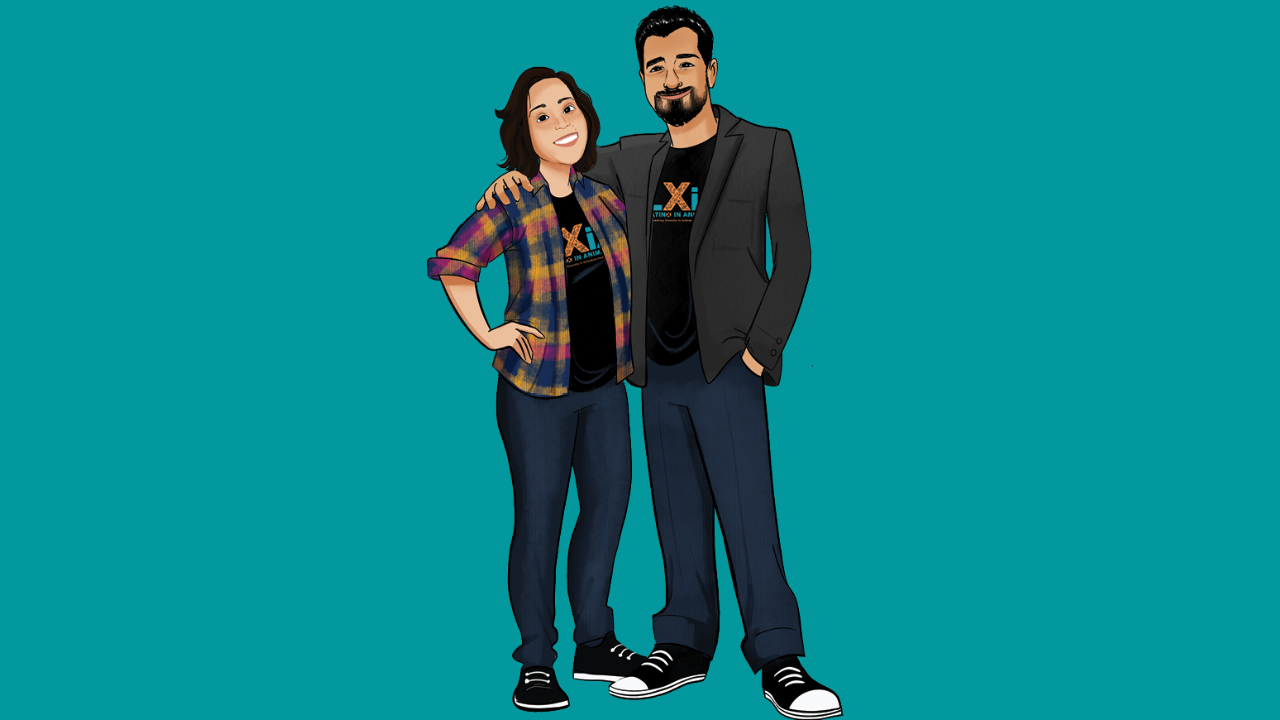
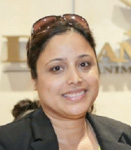
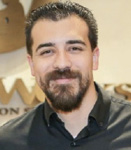
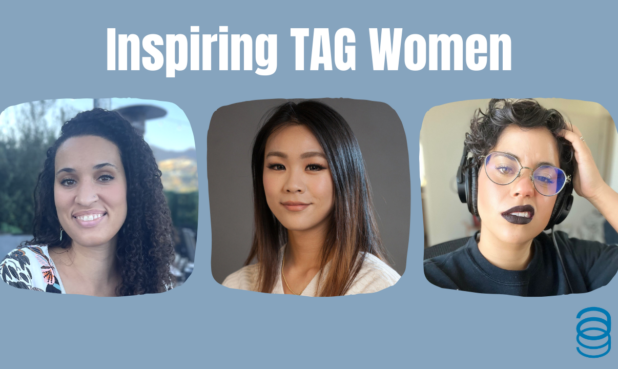
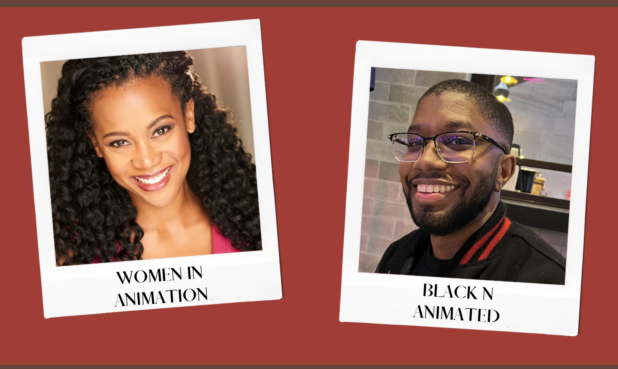
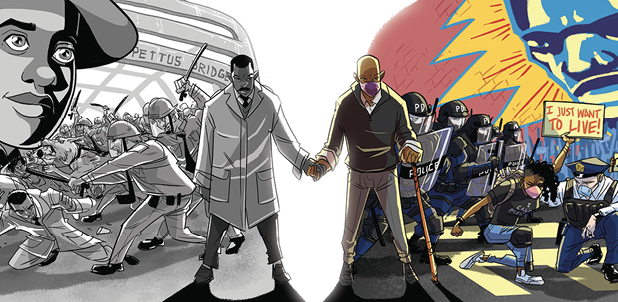
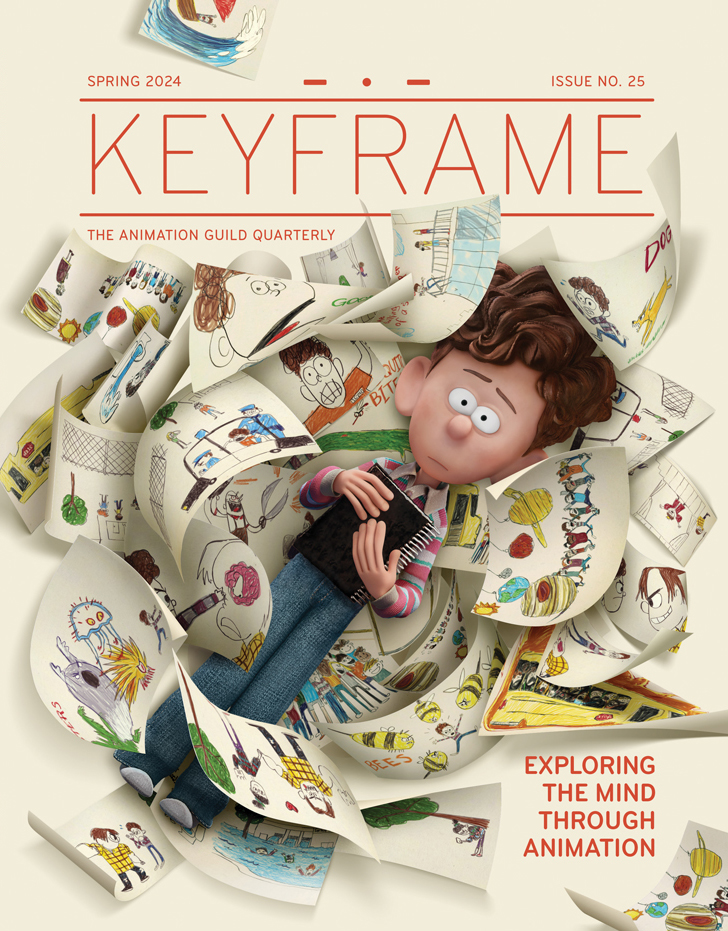
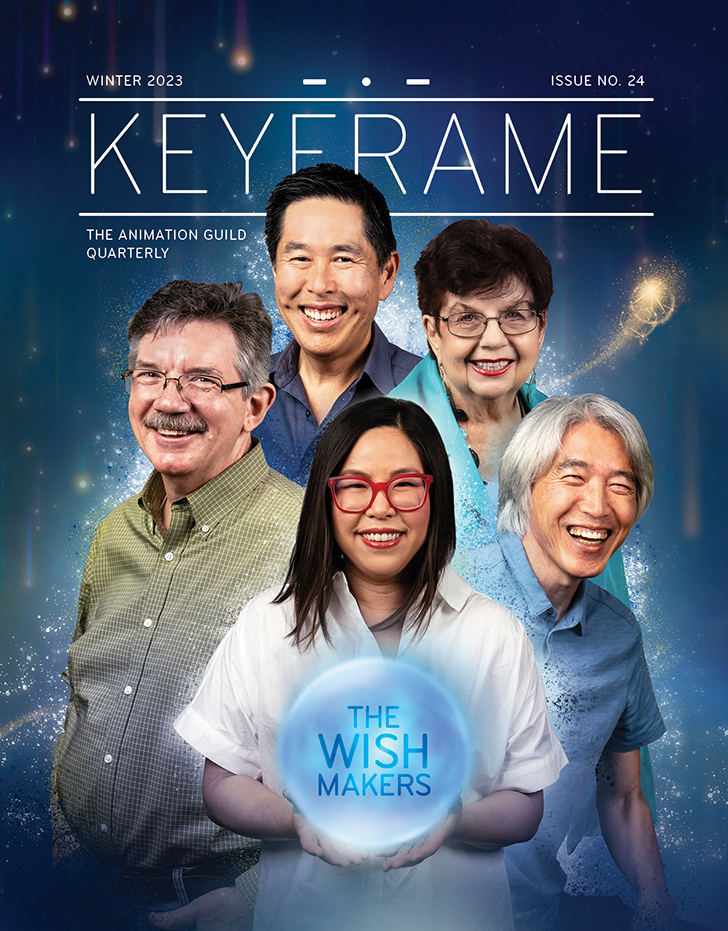
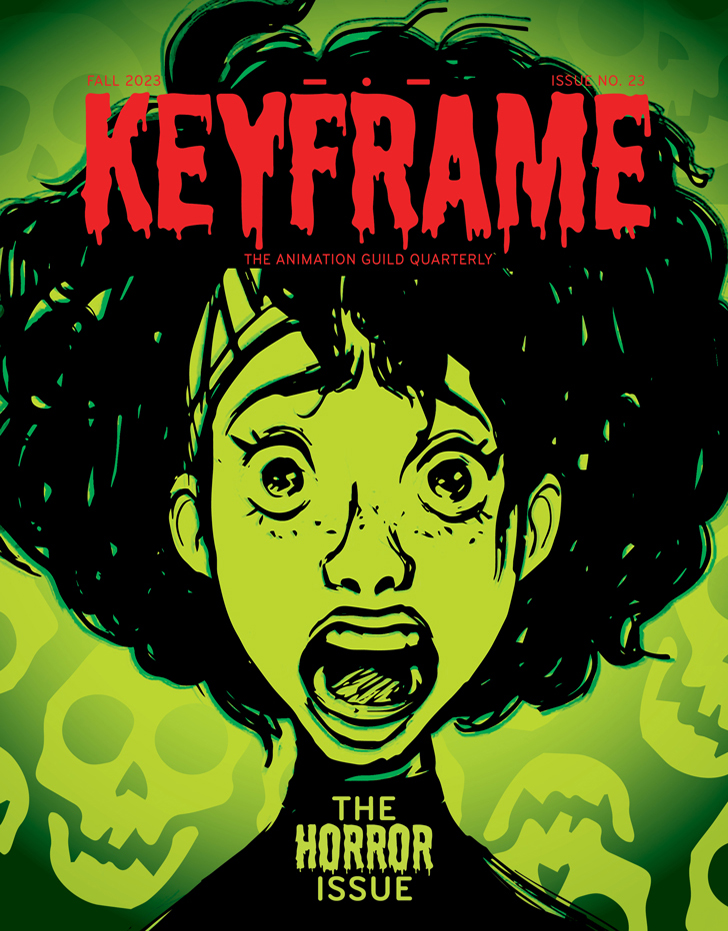
.png)